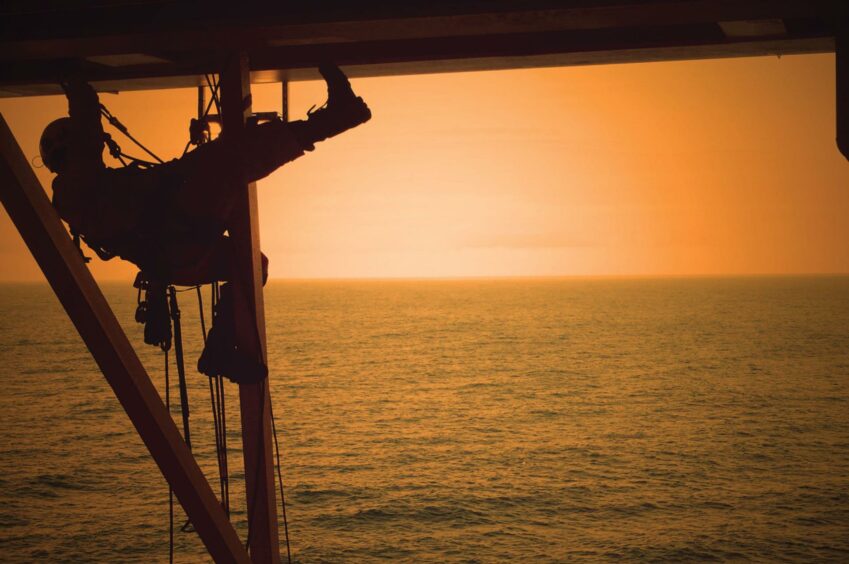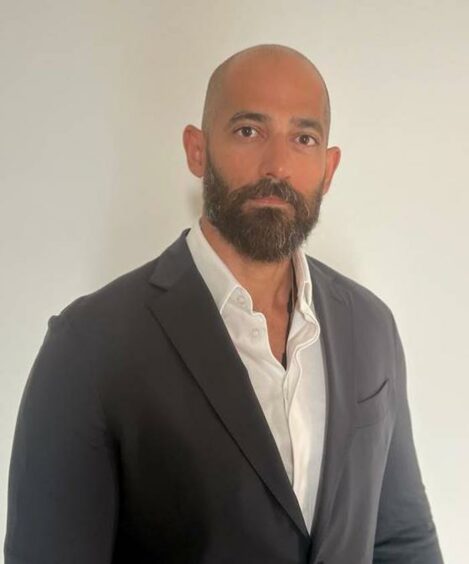
Cote d’Ivoire’s oil and gas has a history dating back to 1977 but it is Eni’s recent Baleine discovery that has rejuvenated interest in the country.
With this new find, new scrutiny must be applied to local content needs – the challenges and the opportunities of working locally.
Historically the bulk of the wells were drilled in the shallow water. Baleine is the first deepwater commercial discovery in more than 20 years – setting the stage for transformational economic growth in the West African country. Further investment is likely to come as more large-scale operators and businesses look to have a presence in the area.
Local law
The Cote d’Ivoire government have recognised that to maximise benefits, they will need to encourage the organisations working in the industry locally to use more local people, more local businesses and more local services.
As such, in 2021, the Ivorian government adopted a bill on local content in oil and gas activities, presented by the Minister of Oil, Energy and Renewable Energy Abdourahmane Cissée.
This bill is currently going through the process to become law. It will require oil and gas operators working within the region to give priority to local people and local goods and services. It will also encourage them to invest in training to enable the local workforce to acquire the level of qualifications required to access all levels of responsibility in the sector.
The implementation of the new law is great news for the region’s economy, but the transition won’t be easy.
Operational since 2009, Prometric Offshore Services is Cote d’Ivoire’s biggest service provider to the oil & gas industry. The company has championed local content since its establishment, but has faced many challenges along the way.
Before we started Prometric, international companies used international labour and international suppliers.
The industry was still fairly new to the region 13 years ago, there was no available qualified or experienced workforce, the health and safety culture was almost non-existent and there was no standard training available locally.
Time to compete
We understood that to compete with international companies and to gain the trust of the operators, we would have to start from scratch, providing basic health and safety knowledge to the local labour market and providing them with the training required to work offshore. There is a total absence of industry regulations locally so we looked abroad and adopted international standards such as IRATA, ISO and AMPP.
We have come from nowhere in terms of safety culture to being recognised for bringing in international standards for safety and training. We have provided hundreds of local people with training in areas such as working at height and rope access, so they are qualified to work on complex and challenging offshore projects.
Prometric’s commitment to local content has had untold benefits to the region’s economy with around 90% – more than 200 – of our workforce Ivorian nationals.
The new law will only strengthen this effect. The law will definitely have a further positive impact on our local community, it will raise the standards, but this will also come with challenges. The local administration will have to understand the difficulties local companies will face and support them through this new industry specific law and accompanying regulations, most will be starting from scratch, just as we did.
The law will be coming at a time of large-scale growth for Côte d’Ivoire’s hydrocarbons industry. Businesses can reap the benefits that investment. But operators will need to trust this new dynamic approach.
International support
We were very lucky to be supported by oil & gas operator, CNR International, who recognised what we were trying to achieve. They put their faith in us being able to deliver their services using local content and we proved that it can be a great success. If companies like CNR International invest in the local supply chain then the economy and industry in the Cote d’Ivoire will grow further.
Our mission from day one was to bring international standards to the local environment and to use local people and local business. Using local content is very feasible, and our young workforce is definitely keen and capable to take on the challenge.
Industry interest in the area, combined with local government recognition of the importance of championing local content, are set to make Cote d’Ivoire a significant player in the oil and gas industry at a turbulent time for the market.
 © Supplied by Prometric Offshore S
© Supplied by Prometric Offshore S